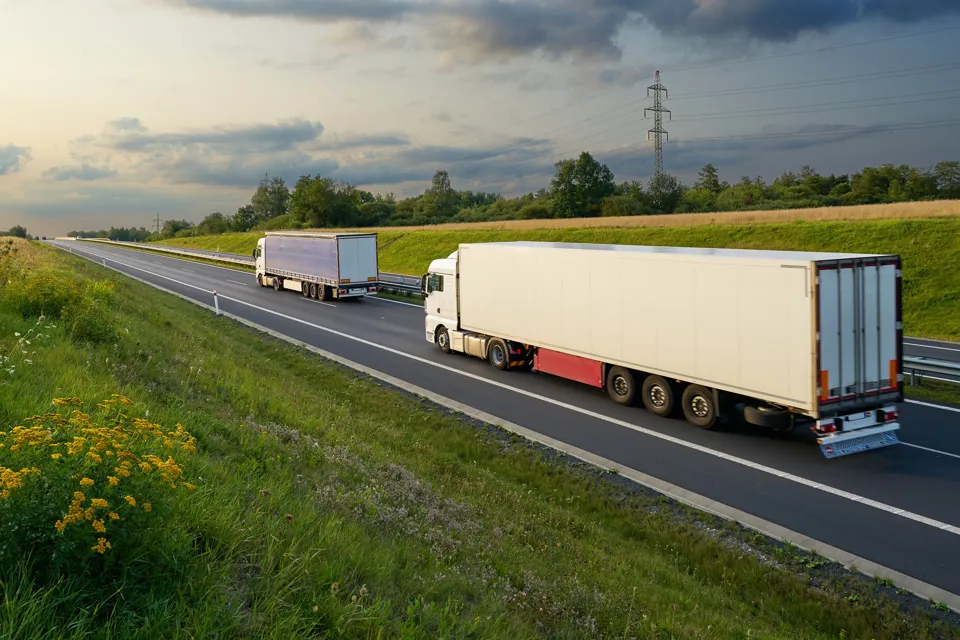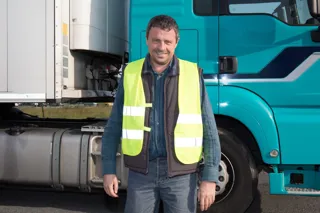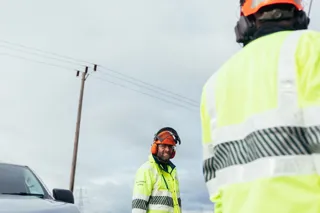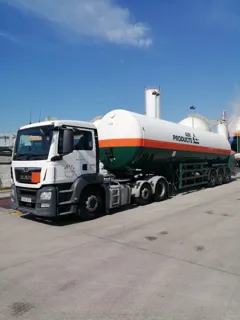A new package of support measures has been introduced to support the movement of goods across the country and beyond.
Vital ferry routes between Great Britain and Northern Ireland have been safeguarded, to help ensure critical freight can continue to move into and across the union.
The package, worth up to £17 million, will be made available to operators so that they can continue running freight services on five sea routes between Great Britain and Northern Ireland during the Covid-19 pandemic.
A further £10.5 million has been awarded to support links with The Isle of Wight and The Scilly Isles.
The freight and passenger support package also covers 26 routes between Britain, France, Belgium, Spain, the Netherlands, Denmark, Germany, Norway and Sweden, including Eurotunnel.
Alongside the protection for freight routes, the Government also committed to fast track the launch of a new trial using drones between the mainland and St Mary’s Hospital on the Isle of Wight, helping ensure it is equipped to tackle the virus.
Transport Secretary Grant Shapps, said: “Essential supplies are continuing to flow well, but operators are facing challenges as fewer people travelling means less capacity to move goods.
“Today’s action will help ensure all parts of the UK have the capacity they need and, following on from our action to support the rail and bus sectors, it shows how this government is acting to protect the transport links the country relies on.
“Now more than ever we need to work closely together, and the new Transport Support Unit stands ready to help our frontline staff and deliver crucial supplies.”
Thousands of volunteers, vehicles, aircraft and ships from the transport sector have been placed on standby in a new Transport Support Unit (TSU) to assist frontline responders during the crisis across the whole of the UK.
Assets made available in the TSU include four fixed-wing aircraft owned by the Maritime and Coastguard Agency, one of them a Boeing 737. They can be made available for tasks including moving emergency patients and medical supplies.
Highways England can also release control vehicles for potential use as mobile Covid-19 testing centres.
Network Rail, with the eighth largest commercial vehicle fleet in the country, has 8,500 vans and lorries which can be used to transport essential items during the crisis. It is making available its seven regional distribution centres which can be used for Covid-19 related supplies.
The DfT, its agencies or the wider transport sector have made more than 8,500 staff available to volunteer to help in the crisis. It has set up a dedicated email inbox so that organisations requiring this type of assistance can contact the TSU directly.






















Login to comment
Comments
No comments have been made yet.